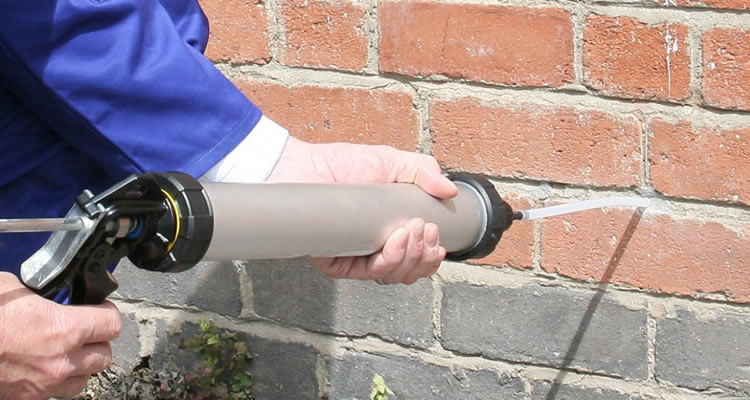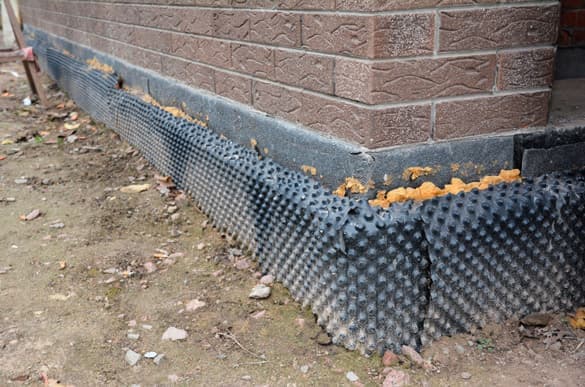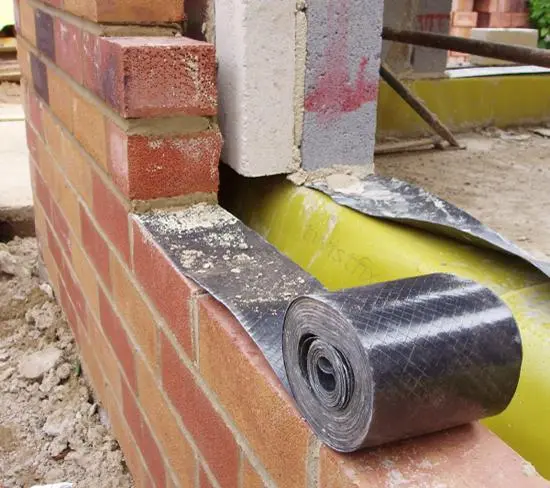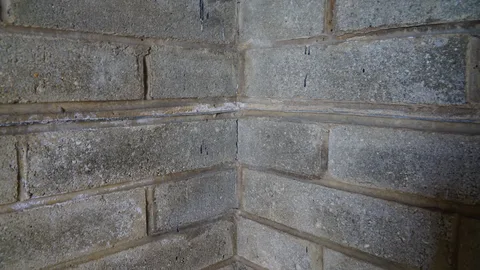What is a Damp Proof Course (DPC) | A Comprehensive Guide
If you’re a homeowner or planning construction, you may have heard the term Damp Proof Course (DPC). But what exactly is it, and why is it important for your property? Let’s break it down in simple terms.
A Damp Proof Course (DPC) is one of the most efficient protective barriers installed in buildings for preventing moisture from rising through walls or floors. It’s a critical part of construction that keeps your home safe from damp-related problems like mould, structural damage, and poor indoor air quality.
Types of Damp Proof Course
The DPC process involves installing a water-resistant material in the walls and floors of a building, usually near the base, to block moisture from rising. It helps maintain the property’s structural integrity while keeping it dry and liveable.
These are the two main types of the damp-proof course:
Vertical DPC: It allows water to travel up and down.
Horizontal DPC: In this method, water can easily move from left to right.
Why is DPC so important? Key Advantages
Prevents Structural Damage
Moisture can weaken your walls and floors over time. By blocking dampness, a DPC preserves the durability and strength of your building.
Improves Indoor Air Quality
Damp walls can cause mould growth, which releases harmful spores into the surrounding air. A DPC ensures a healthier living environment.
Increases Property Value
Homes with dampness issues often lose value. Installing a DPC reassures potential buyers and protects your investment.
Enhances Comfort
Damp-free homes feel warmer and more comfortable, as moisture in walls can cause heat loss.
Low Maintenance Costs
By preventing damp-related problems, a DPC saves you from costly repairs in the future, such as replacing damaged plaster or fixing mould-infested areas.




Mon–Fri: 8:00am-6:00pm
Skilled Labour
Customer Satisfaction
Advanced Machines
How is a Damp Proof Course Installed?
Now that you know the significance of DPC, let’s explore how the process works for its installation. Here’s a step-by-step overview:
Site Inspection
Before any work begins, professionals inspect the property to assess the extent of the dampness problem. It involves identifying areas where moisture is rising and checking for visible signs like peeling paint or wet patches on walls.
Choosing the Right DPC Method
There are various methods for installing a DPC, depending on the property’s construction and the severity of the damp issue:
Physical DPC: To block moisture, a solid layer of material such as slate or plastic is installed on walls or floors.
Chemical DPC: A liquid damp-proofing solution is injected into walls. It penetrates the bricks and mortar, forming a water-resistant barrier.
Membrane DPC: A waterproof sheet is applied to walls or floors, especially in basements or underground spaces.
Preparing the Area
For horizontal DPC installation, a channel is cut into the wall at a specific height, usually just above ground level. In the case of chemical DPC, small holes are drilled into the wall for injecting the solution.
Installing the Barrier
- For physical DPC, the material is carefully placed into the prepared area and sealed to ensure no gaps are left.
- For chemical DPC, the liquid is injected into the drilled holes. Once absorbed, it creates an invisible moisture barrier.
Finishing Touches
After the DPC is installed, any removed bricks or plaster is replaced. The area is cleaned and restored to its original condition, ensuring it blends seamlessly with the rest of the property.
Signs When Your Property Needs a DPC
It’s not always obvious when a property has dampness issues. If any of these signs are visible in your property, it’s time to call in the professionals for assessing and addressing the problem.
Musty Smell: Persistent odours in certain areas of your property.
Peeling Paint or Wallpaper: Moisture can cause paint or wallpaper to bubble and flake.
Discoloration: Yellow or brown stains on the surfaces of walls or ceilings.
Mould Growth: Black spots or patches, especially near the base of walls.
Cold and Damp Walls: Touching the walls reveals a noticeable chill or wetness.
Final Thoughts
A Damp Proof Course might not sound exciting, but it’s one of the most important features of a well-constructed home. It protects your property from moisture damage, keeps it well-maintained, and ensures its value for years to come.
Whether you’re building a new property or dealing with an existing damp issue, understanding the DPC process helps you make informed decisions. Always consult experienced professionals to ensure the job is done correctly. Investing in a DPC is about more than preventing dampness; it’s about protecting your home and creating a healthier living space for you and your family.
